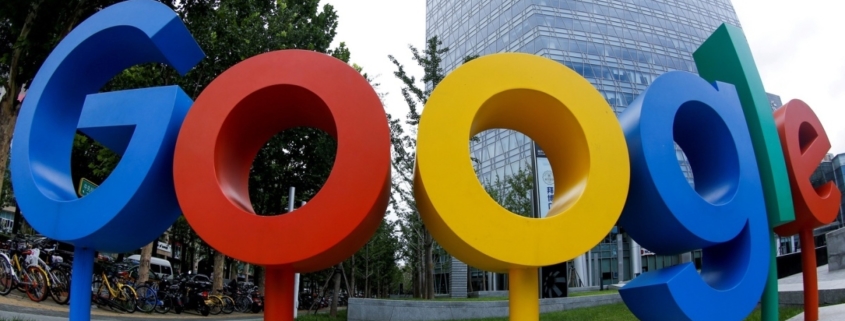Six Lies the Russian President Told His Defense Council
On December 23, Russian President Vladimir Putin held his annual press conference in Moscow. Answering journalists’ questions, he depicted a peaceful Russia victimized by constant aggression from the United States and NATO. Blaming Washington for NATO’s so-called “aggression,” Putin said he cannot promise that Russia will not invade Ukraine. These were similar talking points to ones he used two days earlier in a speech to the defense ministry’s annual conference in Moscow. In that December 21 speech, he made six claims that Polygraph.info found false and misleading.
“Good day, respected tovarischi!” Putin said in greeting his audience on December 21, using the Soviet-era Russian word for “comrades.” His speech was sprinkled with a nostalgia for the Soviet Union.
Putin’s speech was also full of half-truths and falsehoods. Among them:
- “I want to emphasize again: Russia stands for equal and indivisible security throughout Eurasia.”
- “What is happening now, the tension that is developing in Europe, is their fault. At every step, Russia was forced to somehow respond, at every step the situation was constantly deteriorating, deteriorating, deteriorating – degrading and degrading.”
Those two claims regarding Russia’s role in maintaining European/Eurasian security are false.
Putin did not specify what period he was referring to as “now.” However, it is Russia that has been the source of security tensions in Europe over the last two decades. Russia under Vladimir Putin’s leadership has become the most aggressive country in Europe. Moscow has waged wars, annexed territory, used chemical weapons to assassinate opponents, weaponized disinformation, unleashed cyber-attacks, and even leveraged its natural gas to destabilize and blackmail entire countries. The Russian military is accused of war crimes in Syria and Africa.
Notably, following the dissolution of the Soviet Union, the West dealt with the new Russia in a friendly and supportive manner. With diplomatic backing from the United States, Russia was accepted into the world’s most influential groups like the G-7, the International Monetary Fund, the World Bank and the World Trade Organization, and…





